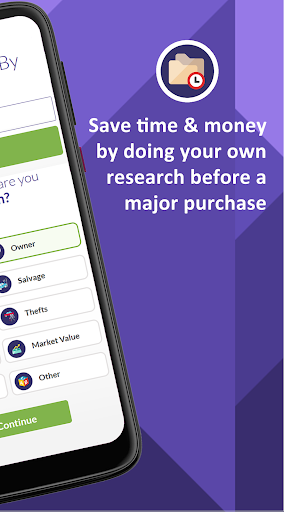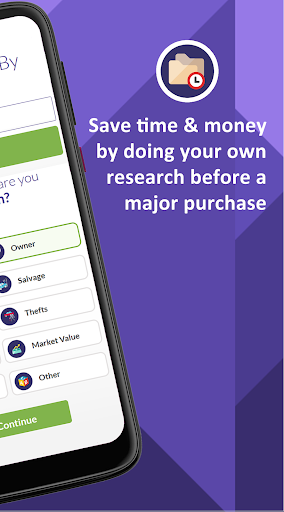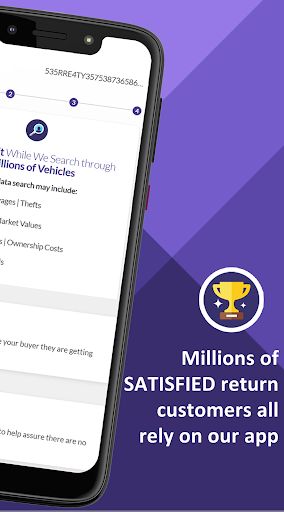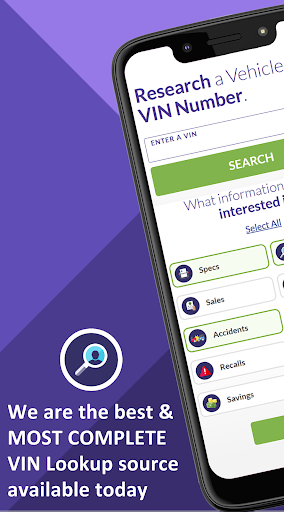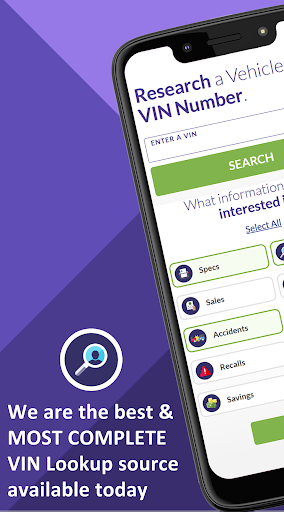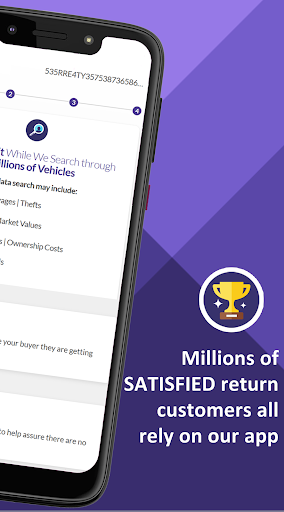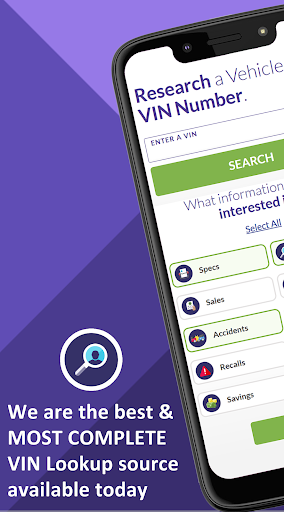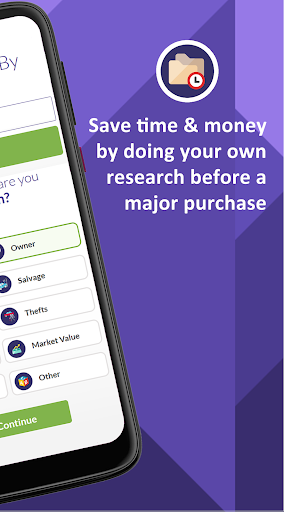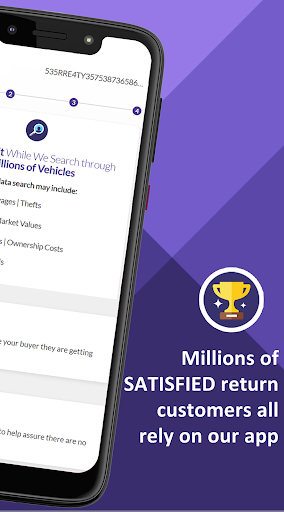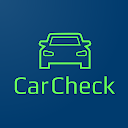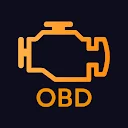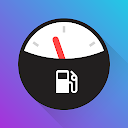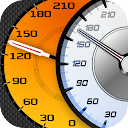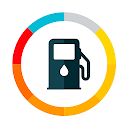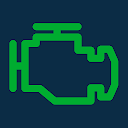VIN Number Check Lookup Search app
free VIN Number Check Lookup Search app
download VIN Number Check Lookup Search app
VIN Number Check Lookup Search apk
free VIN Number Check Lookup Search apk
download VIN Number Check Lookup Search apk

VIN Number Check Lookup Search
4.9
5K+
About This app
Our app makes it quick and easy to find information about your new or used vehicle based on the VIN. Type in the VIN and the app decodes it and gives you access to all kinds of valuable information such as accident history, sales reports, recalls, and so much more.
A VIN number search may reveal:
● Whether the vehicle was involved in an accident and the extent of the damage.
● If the car was ever listed in a salvage auction or reported as stolen.
● A comprehensive list of standard equipment.
● Sales listing history, including price and images of the vehicle.
● Current market value based on comparable vehicle sales.
● Estimated ownership costs over the next five years based on expected depreciation, maintenance, fuel insurance and repair costs.
What can I do with a VIN number lookup?
With a VIN number lookup report, you don't have to rely solely on the seller's word about a vehicle as your only source of information. A VIN number search could alert you to any undisclosed issues. Having more insight into a car's potential problems may put you in a better position to negotiate on price and the terms of sale.
If you own a vehicle, running a VIN lookup may provide important alerts to safety recalls and warranty coverage and help you stay on top of vital repairs and maintenance that could potentially put you and your family at risk. You'll also be able to monitor your car's value, so you know the right time to sell or trade it.
Our VIN number lookup also gives you access to people search, reverse phone lookup and other useful tools to possibly learn more about the seller. Having more information could help you make a better decision whether you're buying or selling used cars.
What is a VIN Number?
Car manufacturers assign every new vehicle a unique vehicle identification number, or VIN. The VIN is like a Social Security number for a car—it's a 17-digit identifier that tells you where and when the vehicle was made and provides important information about car style, engine size and trim.
Government agencies and private businesses use the VIN to record events in the vehicle's history. Vehicle registration, safety recalls and accident reports are all tied to the vehicle identification number; a VIN number lookup may even reveal the owner of the vehicle.
If you're buying or selling a used car, it's a good idea to understand how a VIN number search works and the type of information it might reveal.
Already own a vehicle? Run a VIN lookup to track the estimated value of your car over time and check on any safety recalls.
Where is the VIN number on a car?
On most newer passenger cars, the VIN is located on the front of the driver's-side dashboard. It's placed so you can easily read it from the outside of the vehicle: Look through the lower right corner of the windshield for the slim, metal plate engraved with the VIN.
If the VIN isn't on the dashboard, it's usually on a sticker on the edge of the driver's door. On older cars, the VIN may be stamped on the front of the engine block or the front end of the vehicle's frame.
If you can't find the VIN number on the vehicle itself, check the title, registration or insurance card. The VIN is always recorded on these documents.
What can a VIN number search provide?
Consumers can get basic vehicle information by knowing how to read a VIN number, but a VIN number lookup could provide important details you may otherwise not know about. State agencies and auto industry partners maintain extensive vehicle databases recording significant events in the vehicle's lifespan that may impact its value and reliability.
This information could help you make a more informed decision when it's time to buy or sell a car.
Show More
Screenshots
Comment
Similar Apps
Similar Apps
Top Downloads
Copy [email protected]. All Rights Reserved
Google Play™ is a Trademark of Google Inc.
ApkYes is not affiliated with Google, Android OEMs or Android application developers in any way.

